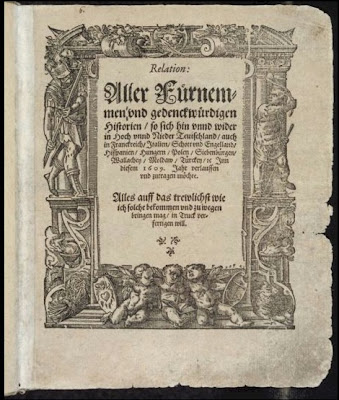Disdain for the news media is a theme that runs through the fabric of our society. Think of the various ways the flow of information ticks people off:
- Unrelenting coverage of smear campaigns touches off firestorms of political analysis.
- Various political figures today (and throughout history) think the media are out to get them.
- Many organizations or entities accuse entire news outlets of being biased. The Obama administration is engaged in a full-out assault against FOX News, a stance which many believe gives FOX more viewers and higher ratings. The Washington Redskins football team believes the Washington Post is a bloodthirsty paper, and absolutely nothing is wrong with the team.
- Think about the all-time greatest sports stars. Steve Carlton. Jim Rice. Barry Bonds. Yep, you guessed it. They hated the media.
It is not surprising that such hatred for the media existed throughout the journalism history we are studying in History of Print Journalism. Think of some of the early forms of journalism, and the unreliable/sensational nature of early papers.

Early papers were unreliable, which led to discontent and response.
Picture taken from “For The First Time” blog.
The Roman politician Cicero is said to have complained about sensational and human interest news in the early actas, calling them “tittle tattle,” according to “A History of News” author Mitchell Stephens.
Many early papers, including the acta and the tipao, were controlled by the government, restricting publication circulation. These papers, besides being forbidden from criticizing government officials, were meant for an elite audience, limiting the common folks’ access to news.
This led to:
- The mercantile press
- Citizen journalism
- The penny press
All of these were born out of a sense of revolt against the early forms of news. So it’s easy to trace the rebellion in early journalism.
Some of the clearest examples Stephens mentioned followed a discussion about Theophraste Renaudot, the French “father of the newspaper.” Renaudot, editor of the “Gazette de France“, was paid off by the king and, in return, did not criticize the government in his writing. In fact, his bias in favor of the government was obvious while he was covering the trial of Galileo. Renaudot called Galileo’s ideas “absurd and false.”
Stephens presented this event as a sort of blueprint for a couple of sentences he laid out right after this example. To sum it up:
- Leonardo Da Vinci hated the printing press.
- Nicholas Copernicus hated publicity.
- Isaac Newton wrote in a “cryptic and complicated manner to discourage ignorant quibblers.”
Look for the direct excerpts from the work Stephens quoted.
So the next time you see a public figure express discontent toward the media, know that this has been a common practice for hundreds of years.

Leave a response